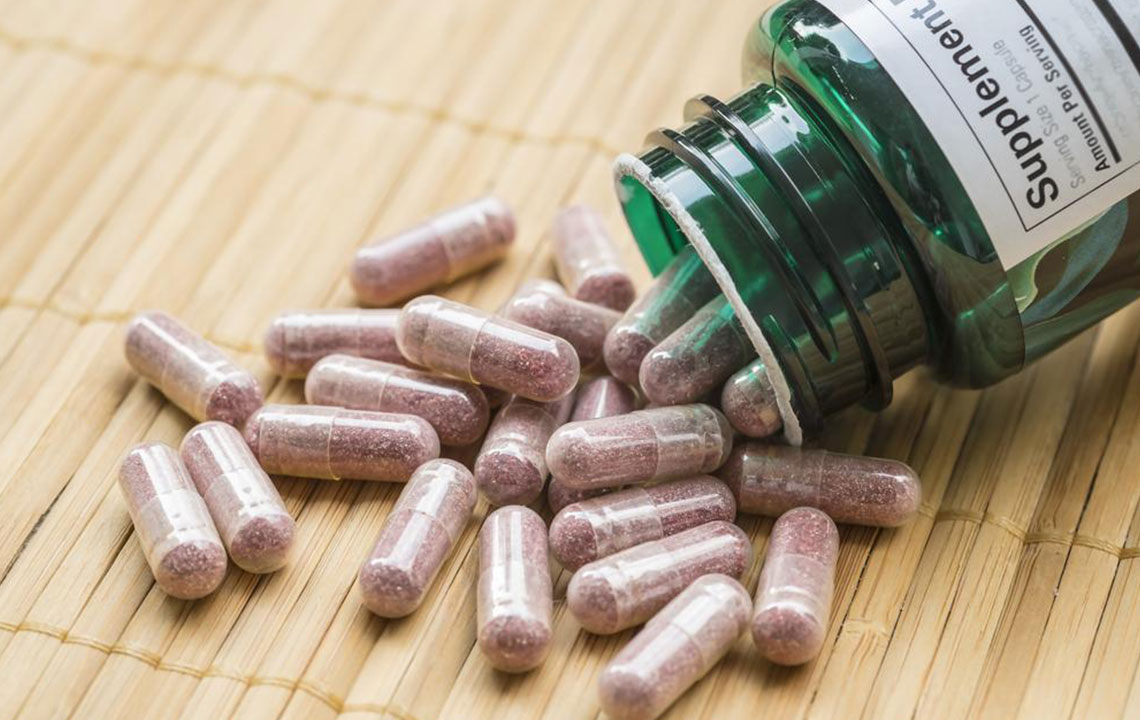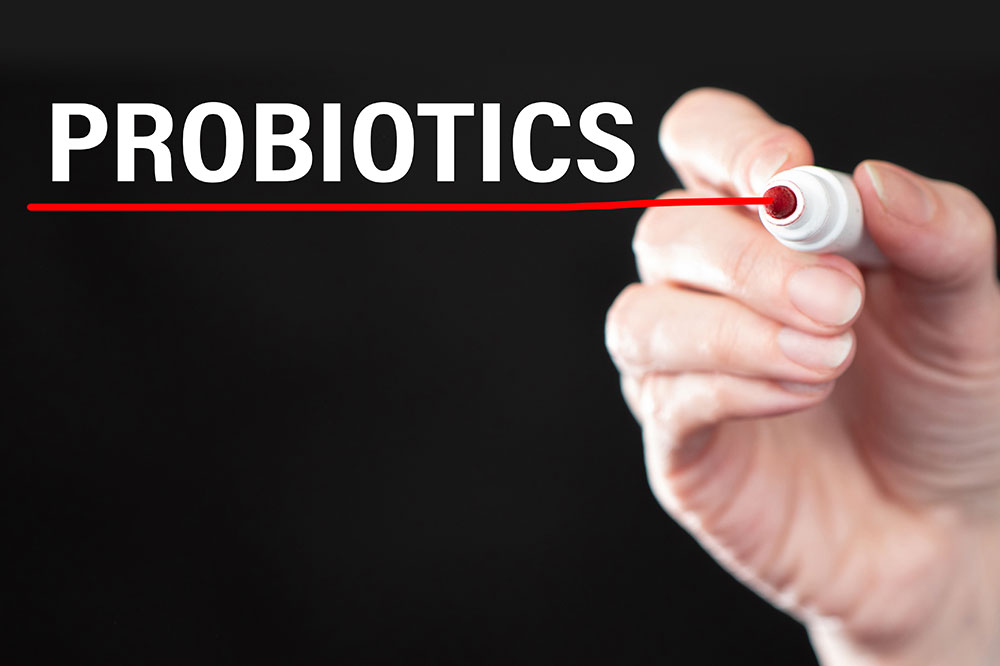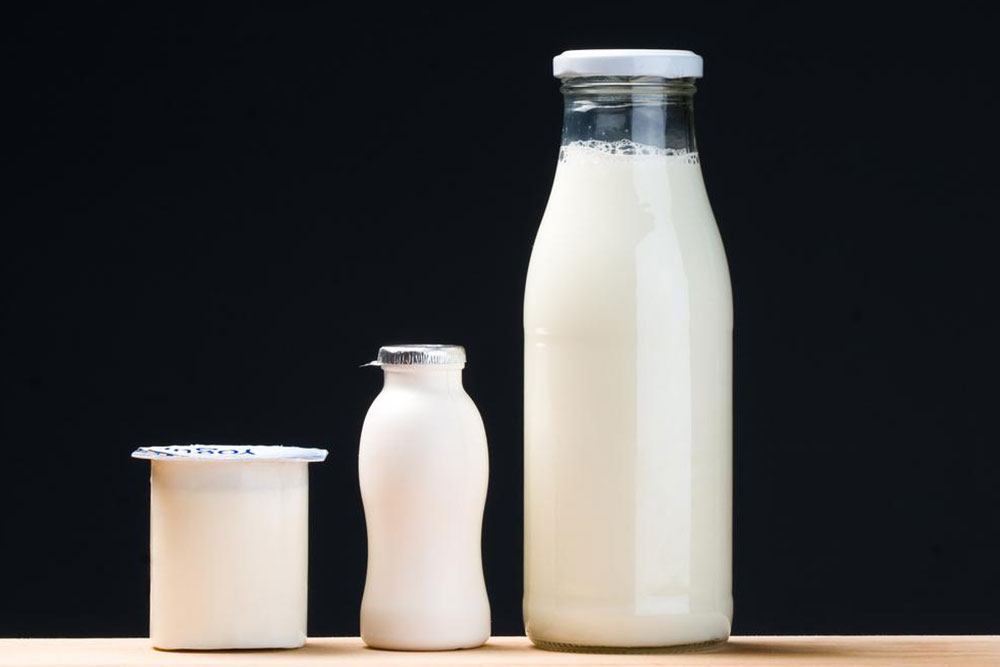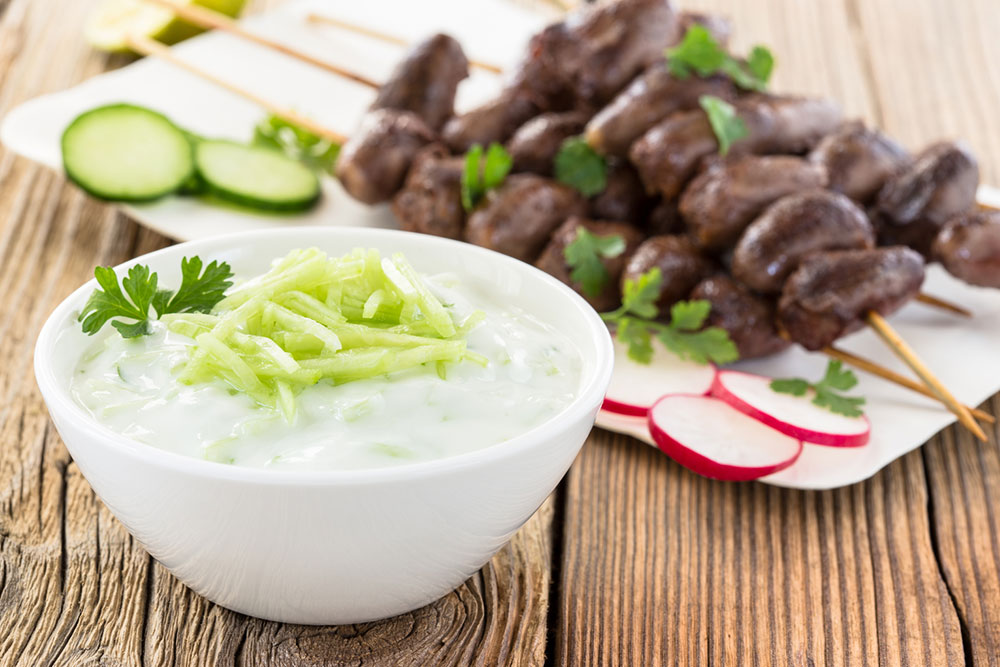Health Benefits of Adding Probiotics to Your Nutrition Plan
Discover the numerous health benefits of adding probiotics to your diet, including improved digestion, boosted immunity, and enhanced overall wellness. Learn about probiotic-rich foods and safe supplement use for optimal gut health.

Incorporating probiotics into your diet can significantly boost your health by supporting a healthy gut microbiome. These beneficial microorganisms naturally reside in our bodies, but supplementing them through food can enhance digestion and immune strength. Key probiotic strains include:
Bifidobacterium – Present in certain dairy items, this strain helps reduce digestive issues.
Lactobacillus – Found in fermented foods like yogurt, it aids in regular bowel movements and alleviates constipation.
Consuming probiotics regularly offers advantages such as:
Supporting weight control – They promote fullness, limit fat absorption, and boost calorie burning, though effects depend on the strain.
Strengthening immune response – Probiotics enhance antibody production and suppress harmful bacteria, reinforcing immunity.
Improving gut health – They help reduce bloating, constipation, and abdominal discomfort, especially in irregular bowel conditions.
Protecting women’s reproductive health – Proper bacterial balance lowers vaginal infection risks, vital during pregnancy.
Preventing urinary infections – They fight bacteria entry into the urinary tract and promote beneficial bacteria growth.
Reducing allergy symptoms – Probiotics can lessen allergy severity, particularly in children and pregnant women, decreasing allergy risk.
Foods high in probiotics include:
Fermented vegetables – Naturally fermented foods like cucumbers and carrots provide probiotics, unlike vinegar-based options.
Fermented soy products – These are rich in beneficial bacteria and cater to various cuisines.
Kefir – A probiotic-rich fermented dairy drink that supports bone health and immunity.
Kimchi – Korean spicy fermented cabbage packed with vitamins and lactic acid bacteria for digestion.
Buttermilk – The liquid remaining after butter-making, loaded with probiotics, common in countries like Nepal.
Although natural probiotic foods are preferred, supplements exist but should be taken under medical advice, especially for those with health issues. Excessive intake may cause digestive discomfort or allergies. Including probiotics in your diet can enhance gut health and overall vitality.
Disclaimer: This article offers health information based on current research but does not replace professional medical consultation. We are not responsible for individual results or discrepancies, and offers may vary.


